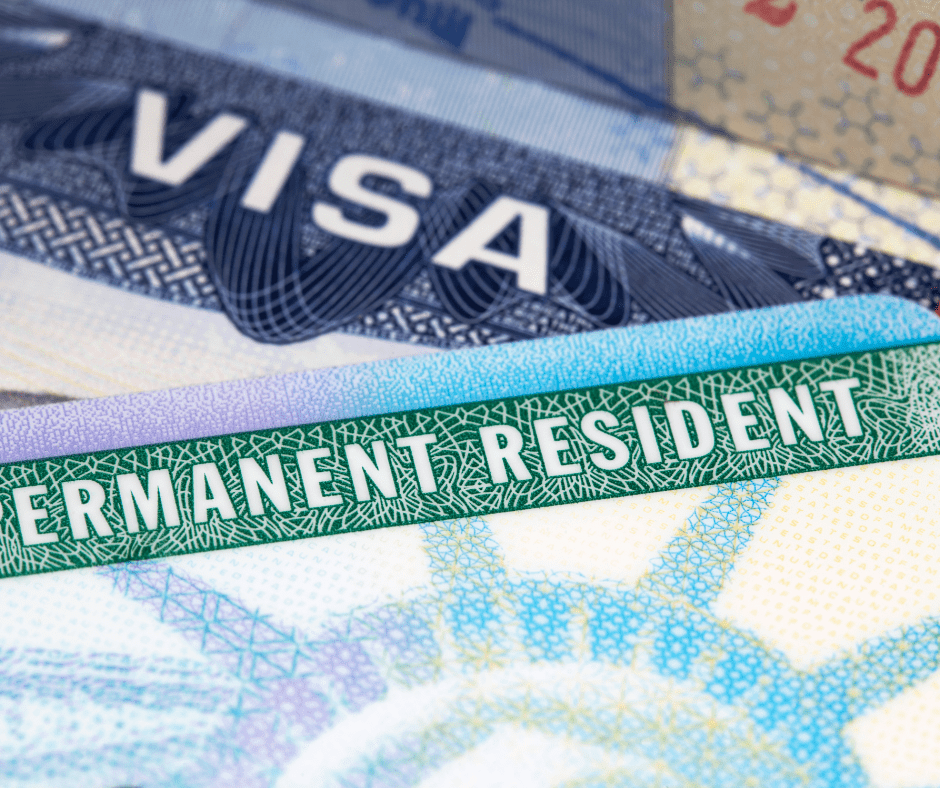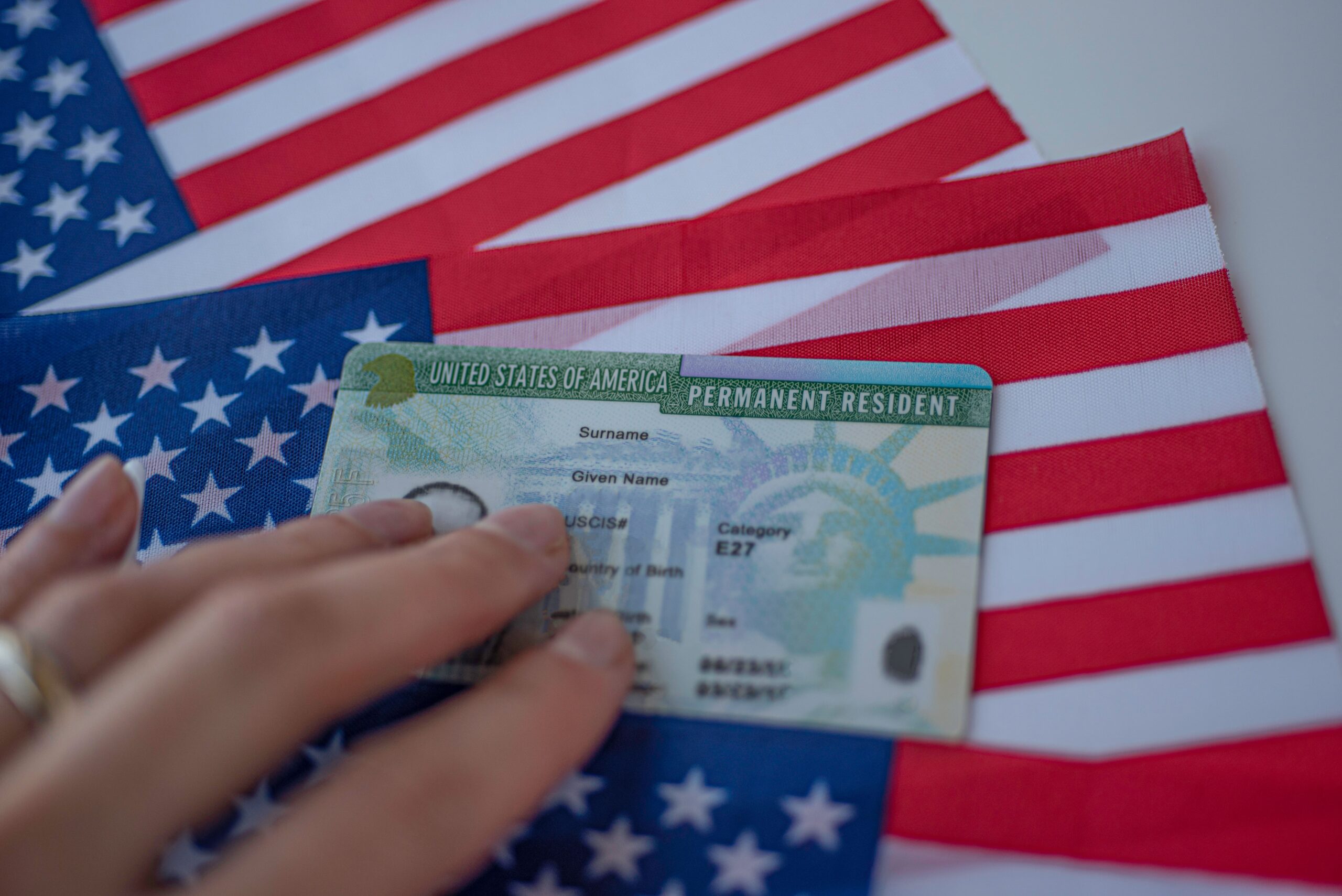U.S. citizens can sponsor their parents to live in the U.S. as lawful permanent residents (LPRs)—green card holders. To complete the process of sponsoring parents for a green card, you must meet specific eligibility requirements, prepare the correct paperwork, and follow the steps outlined by the U.S. Citizenship and Immigration Services (USCIS), the agency that handles immigration applications.
At the Law Office of Rosina C. Stambaugh, we dedicate our practice to helping families stay together through skilled immigration advocacy. Located in York, Pennsylvania, our firm has a reputation for fighting for immigrants’ rights, including in family-based petitions, deportation defense, and bond hearings. We are here to guide you through every step.
Common Questions About Sponsoring Parents for a Green Card
Many people ask, “Can a green card holder sponsor parents for a green card?” Unfortunately, the answer is no; only a U.S. citizen can. Another common question is, “At what age can a child sponsor parents?” You must be at least 21 years old to apply.
To sponsor a parent for a green card, you (the sponsor) must:
- Be a U.S. citizen,
- Be at least 21 years old.
- Prove your parent is your parent,
- Live in the U.S. or plan to live there once your parent arrives, and
- Agree to support your parent(s) financially.
The parent must also be admissible to the U.S., meaning no legal issues prevent them from entering or staying in the country. Common impediments include criminal convictions or prior immigration violations.
Proving the Parent-Child Relationship
The government requires sponsors to prove that the person they are sponsoring is their parent. Typically, you do so by providing:
- For a biological mother—a copy of your birth certificate with your mother’s name listed;
- For a biological father—a copy of your birth certificate showing both parents’ names and proof your parents were married, or, if they never married, evidence indicating your father or the law where he lives recognized you as his child before you turned 18; and
- For adoptive parents—a copy of the adoption decree showing adoption occurred before your 16th birthday.
Before you can sponsor a parent, you must convince USCIS that you have a valid family relationship, meaning they are truly your parent and you are their child.
How to Sponsor a Green Card for Parents
If you are wondering, What do I need to sponsor my parents? Every application involves:
- Filing Form I-130, Petition for Alien Relative;
- Completing Form I-864, Affidavit of Support;
- Providing supporting documents, like proof of citizenship, proof of relationship, and proof of income; and
- Completing a medical exam with a government-approved doctor.
Every family-based green card application begins with a Petition for Alien Relative. If USCIS approves the petition, it confirms you are a U.S. citizen with a legitimate parent-child relationship to the individual you are applying to sponsor.
Financial Responsibility: the Affidavit of Support
A child sponsoring parents for a green card typically requires the child to agree to support the parents financially. This involves completing the Affidavit of Support, which is a legal promise to provide for your parents if they do not have the resources to support themselves. This requirement ensures they do not become dependent on public benefits.
U.S. immigration law considers parents of U.S. citizens to be immediate relatives for visa sponsorship purposes. Usually, the person being sponsored has to wait until a visa “becomes available” according to yearly visa limits and lengthy backlogs. However, because parents of U.S. citizens are classified as immediate relatives, their applications are not subject to annual limits or long waiting lists.
The next step is for your parents to apply for a green card. At this point, the process varies depending on whether your parent is inside or outside the U.S.
Parent Inside the U.S.
If your parent is inside the U.S., they apply for a green card using Form I-485, Application to Register Permanent Residence or Adjust Status. Since they are applying for an always-available immediate relative visa, you and your parent can submit Form I-130 and Form I-485 simultaneously. USCIS begins processing the I-485 automatically after the I-130.
As part of this process, your parent must complete a medical exam with a USCIS-approved civil surgeon. The doctor records the results on Form I-693, Report of Medical Examination and Vaccination Record, which your parent submits to USCIS.
After your parent submits the required forms, USCIS schedules them for a biometrics appointment for fingerprinting and background checks. Next, USCIS schedules an interview. After the interview, USCIS decides whether to approve the application. If approved, your parent typically receives a green card in the mail.
Parent Outside the U.S.
If your parent is outside the U.S., they request their green card through consular processing. If USCIS approves your Petition for Alien Relative, it transfers the application to the National Visa Center (NVC), part of the U.S. Department of State. Your parent then completes Form DS-260, Immigrant Visa Application, and submits documents to their U.S. consulate or embassy.
Before the interview, your parent must complete a medical exam with a panel physician approved by the embassy or consulate. The doctor provides sealed results, which your parent brings to the interview.
Once the NVC has all of the necessary documents, it schedules an interview at the consulate or embassy. If the consulate approves the application, your parent can enter the U.S. as a permanent resident.
What Documents Do I Need to Sponsor My Parents?
To sponsor your parents, you typically need:
- Proof of your U.S. citizenship, such as a passport, birth certificate, or naturalization certificate;
- Proof of your relationship to your parent, such as a birth certificate or adoption records;
- Completed Petition for Alien Relative;
- Completed Affidavit of Support;
- Proof of income, like tax returns, W-2s, and pay stubs; and
- Passport-style photos of both you and your parents.
Other documents vary depending on whether your parents are currently inside or outside the U.S. Inside the U.S., you also need an Application to Register Permanent Residence, a Report of Medical Examination, and vaccination records. Outside the U.S., you need an Immigrant Visa Application and a sealed medical exam report from an approved panel physician.
Keeping Families Together
If you are considering sponsoring your parents for a green card, the Law Office of Rosina C. Stambaugh is ready to help. Our firm focuses exclusively on immigration law and has extensive experience in family-based petitions. We closely guide clients through every step of the application process with honesty, compassion, and a deep understanding of what it means to build a life in the United States.
Contact the Law Office of Rosina C. Stambaugh today to learn how we can help you.






